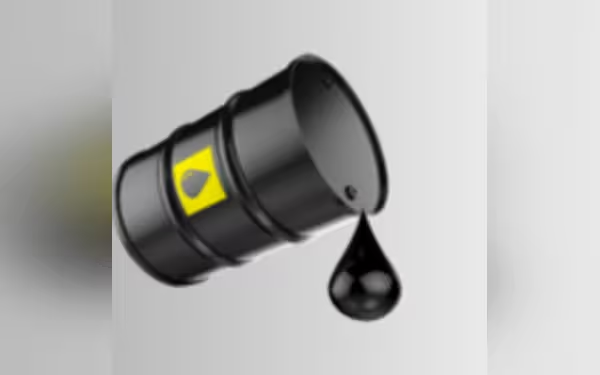Saturday, November 16, 2024 07:30 PM
Oil Sector Rejects OGRA Margin Proposals Amid Rising Costs
- Oil sector rejects OGRA's margin proposals.
- PPDA demands 7% margin for sustainability.
- OCAC calls for Rs4.78 per litre increase.
 Image Credits: pakistantoday
Image Credits: pakistantodayThe oil sector in Pakistan rejects OGRA's margin proposals, demanding higher revisions to sustain operations amid rising costs.
The oil sector in Pakistan is currently facing a significant challenge as it has firmly rejected the recent margin proposals put forth by the Oil & Gas Regulatory Authority (OGRA). This situation has sparked a heated debate among stakeholders, particularly oil marketing companies (OMCs) and petroleum dealers, who are voicing their concerns about the proposed changes.
In a letter addressed to the chairman of OGRA, the Pakistan Petroleum Dealers Association (PPDA) expressed its discontent with the margin adjustments. The PPDA argues that these adjustments were made without adequate consultation with the industry players. They believe that their requests for higher margins, which are essential to cover the increasing operational costs—such as salaries, utilities, and construction expenses—have been overlooked. The association is advocating for a margin of 7%, which translates to Rs17 per litre, to ensure the sustainability of their businesses.
Moreover, the PPDA has issued a stern warning that insufficient margins could lead dealers to engage in unethical practices, which could ultimately harm the industry. They have made it clear that they will not accept margins that factor in costs associated with digitalization. This statement underscores the urgency of their situation and the need for a more favorable margin structure.
OGRA's initial proposal suggested raising margins to Rs9.88 per litre for OMCs and Rs10.01 per litre for dealers. This proposal included a Rs0.5 per litre allocation for digitalization and automation over the next three years. However, the Oil Companies Advisory Council (OCAC) has criticized this proposal, stating that it falls short of addressing the actual costs involved. They argue that the effective increase of Rs0.85 per litre does not even keep pace with inflation, and they are calling for a more substantial increase of Rs4.78 per litre to meet the industry's needs.
Additionally, OCAC has highlighted the ongoing issues of smuggling, high taxes, and financing costs that continue to plague the sector. These challenges further complicate the financial landscape for OMCs and dealers, making it imperative for OGRA to reconsider its proposals.
The rejection of OGRA's margin proposals by the oil sector reflects a broader concern about the sustainability and viability of businesses within this critical industry. As the situation unfolds, it is essential for all stakeholders to engage in constructive dialogue to find a solution that balances the needs of the industry with regulatory requirements. The future of the oil sector in Pakistan hinges on the ability to adapt to rising costs while ensuring fair practices that benefit both consumers and businesses alike.













